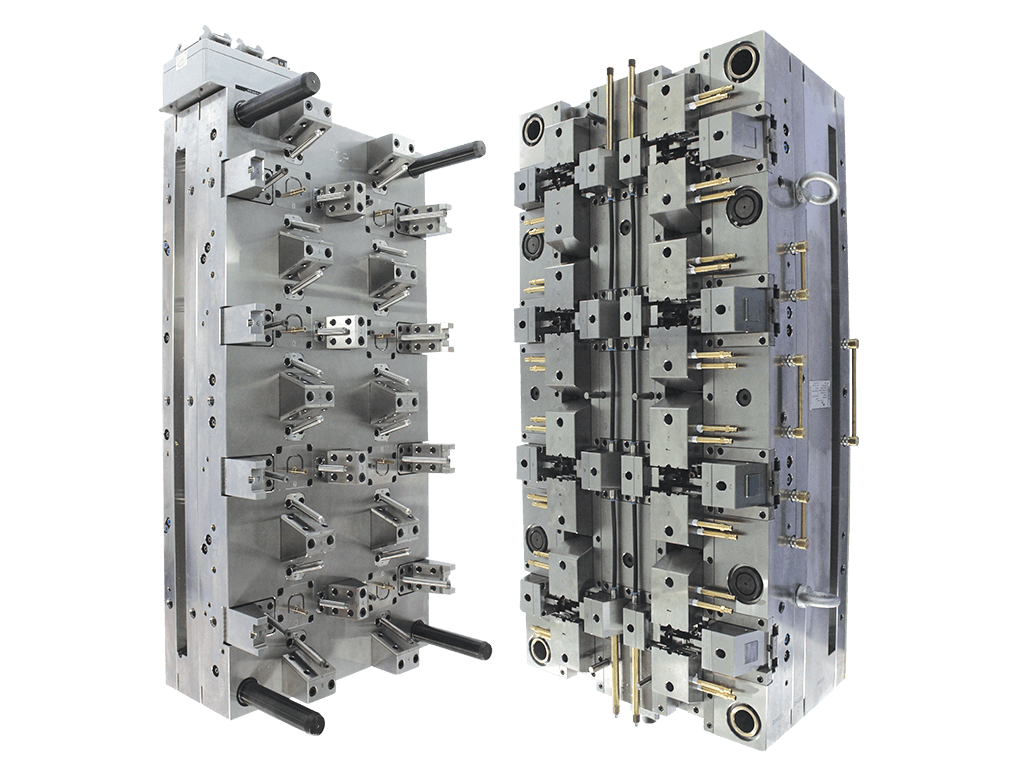

Molds Manufacturing Capabilities
TAV Medical specializes in manufacturing high precision, multi or single cavity injection molds for complex medical and technical plastic parts. Each TAV Medical mold is uniquely designed and built to provide the reliable and continuous production of accurate and uniform plastic parts. These meet the exacting demands of the medical device industry.
- Prototype Molds
- Production Molds
- Multi-Cavity molds
- insert molds
- over molds
- stack molds
Molds Manufacturing Capabilities
Prototype Production Multi Cavity Insert Over Stack Molds
Mold Design & Manufacturing Process
Mold manufacturing process starts with mold design, which is critical phase in the process. Smart combination between skilled professionals, state of the art technology and close partnership with our customers results in high performance molds and cost effective parts, molded precisely to customer specifications.

Our mold manufacturing
process begins with a collaborative effort between our engineers and our customers to define the design intent, material properties, geometry, functionality, and other specifications of the final product. Our team performs a feasibility analysis and creates a preliminary mold concept, including ketches, 3D models, and CAD.
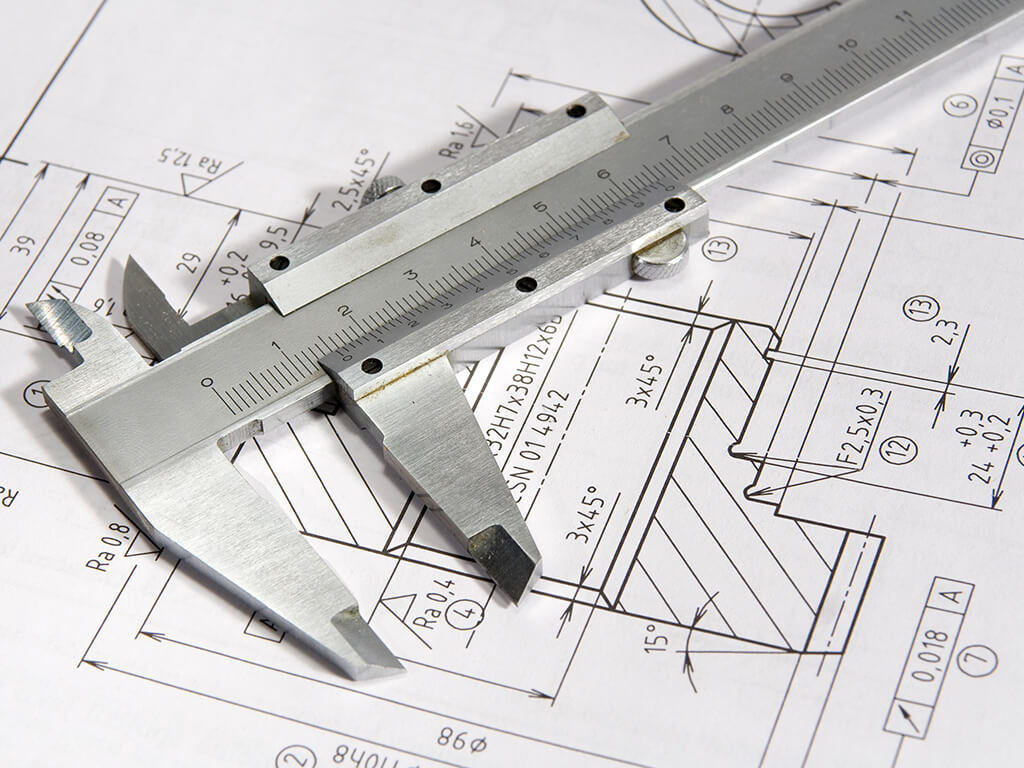
Based on the mold concept, our team develops a detailed mold design that includes geometric, structural, thermal, and flow simulations, 2D and 3D drawings, tolerances, material specifications, and bill of materials. The design is optimized for manufacturability, cycle time, part quality, and mold durability.
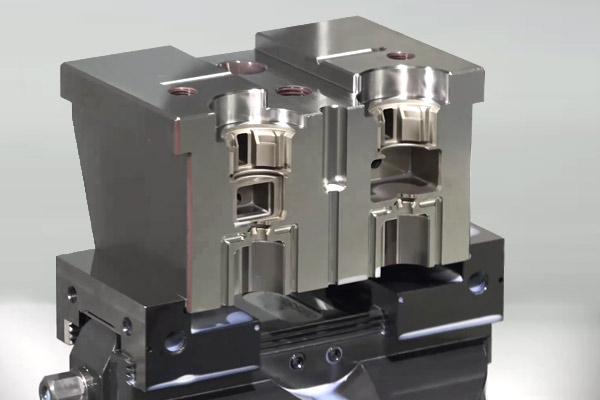
Using CNC machining, EDM, wire cutting, and other advanced manufacturing technologies, we produce the mold core, cavity, and support components with high precision and surface finish. Our manufacturing process is monitored and controlled to ensure the mold's dimensional accuracy, surface quality, and mechanical properties.
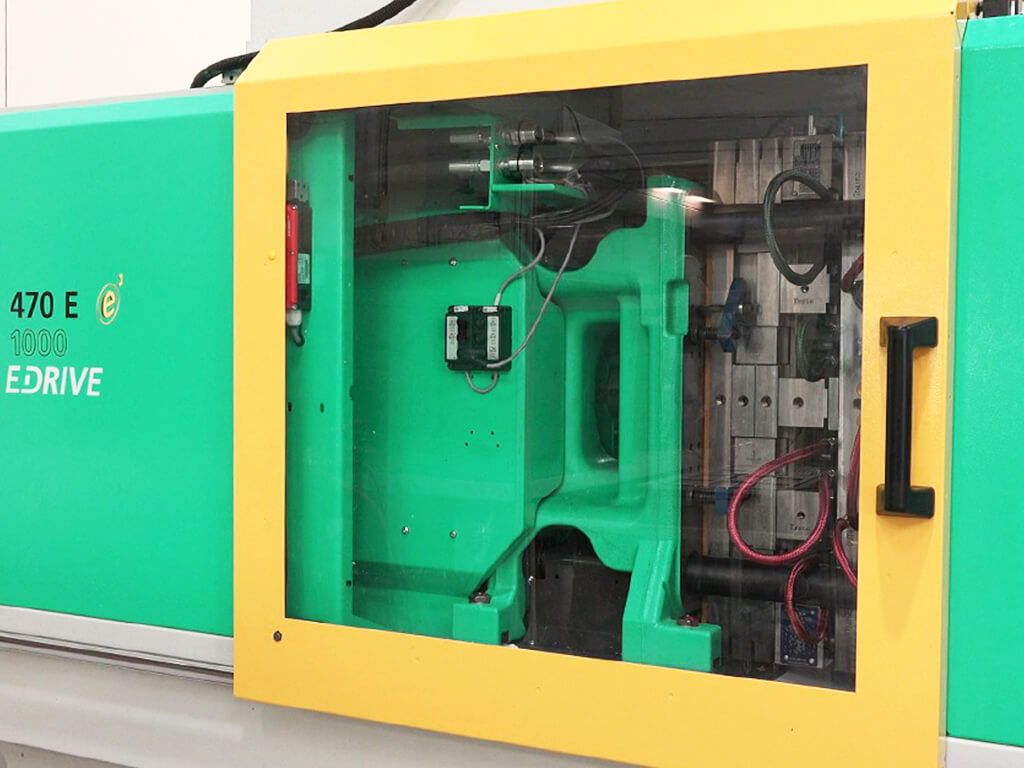
Our team conducts a series of mold testing procedures to validate the
mold's performance, including mold filling simulation, mold flow analysis, mold
cooling analysis etc. We also test the mold with sample
parts to evaluate part quality and dimensional accuracy.

Our FAT is a formal testing procedure that verifies the mold's compliance with customer specifications and acceptance criteria. The FAT involves a set of standardized tests, including, dimensional inspection, functional testing, and documentation review. The FAT results in a comprehensive report that summarizes the mold's performance and compliance.

Our DOE is a statistical approach that enables
us to optimize the mold's performance by analyzing the influence of various
factors, such as injection pressure, temperature, speed, and packing time. The DOE methodology involves a series of tests and data analysis, resulting in an optimal mold setting that maximizes part quality and mold performance.
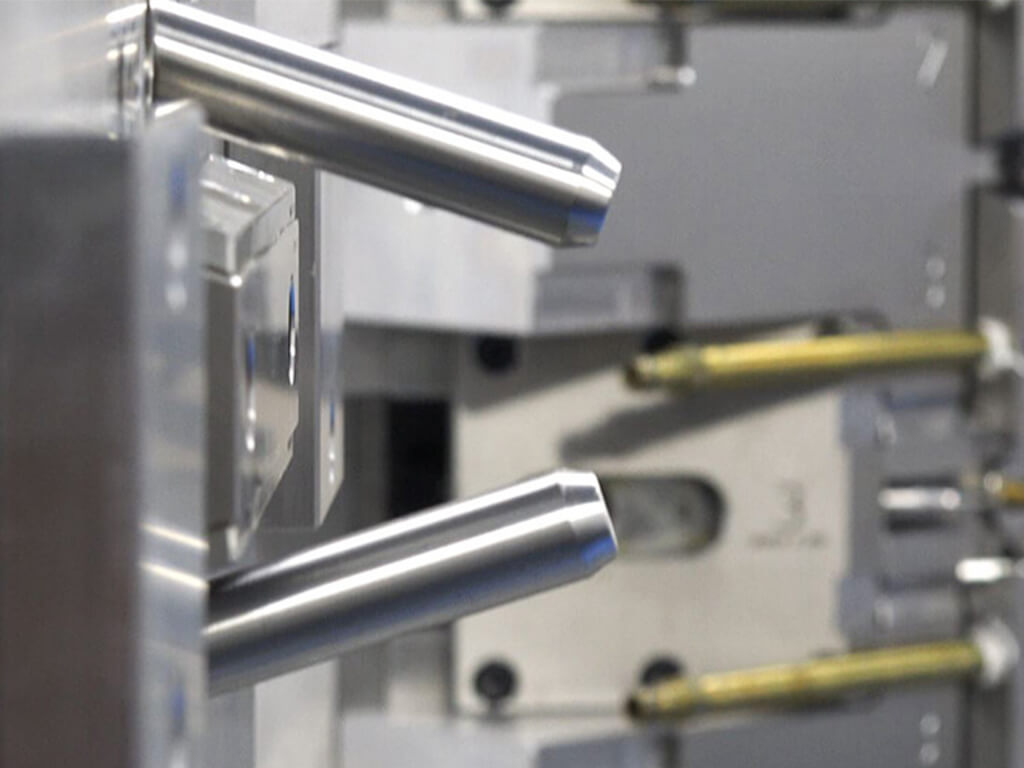
Our mold validation process ensures that the mold meets all the required specifications, including dimensional tolerances, surface finish, part quality, and mechanical properties. We document the validation results and provide a final report for customer approval.


state of the art technology
Technological leadership is the prime objective. We stand right at the forefront when it comes to mold manufacturing technology and operate CNC machining centers, EDM, wire cutting centers etc.
Mold Validation Process
We perform process validation by establishing documented evidence which provides a high degree of assurance that a specified process will consistently produce a product meeting its pre-determined specifications and quality characteristics.
Commercial manufacturing process defined together with customer based on knowledge gained through development and scale-up.
The process design is evaluated to determine if the process is capable of reproducible commercial manufacturing.
Continual assurance that the process remains in a state of control – the validated state – during commercial manufacture.
Commercial manufacturing process defined together with customer based on knowledge gained through development and scale-up.
The process design is evaluated to determine if the process is capable of reproducible commercial manufacturing.
Continual assurance that the process remains in a state of control – the validated state – during commercial manufacture.
highlight equipment
- Makino Wire Cutting Machines
• Makino 5 Axis D300
• Makino 5 Axis V33i
• Makino 3 Axis V33i
• Makino V55
• Makino Granite Milling Machine
- MAKINO EDM CENTERS - EDAF
• Jones and Shipman
• Chevalier Grinding Machine
• Mori Seiki Japan
• Shaublin
- Mitutoyo | Coordinate Measuring Machine
- Dea | Coordinate Measuring Machine
- OGP Smart Scope
- Scanning Electron Microscope - Tescan VEGA3
- Bose Fatigue Test Machine
highlight equipment
- Makino Wire Cutting Machines
- Milling Machines
• Makino 5 Axis D300
• Makino 5 Axis V33i
• Makino 3 Axis V33i
• Makino V55
• Makino Graphite Milling Machine
• Shaublin
- Makino EDM Centers - EDF
• Mori Seiki Japan
- Makino EDM Centers - EDF
• Jones and Shipman
• Chevalier Grinding Machine
quality control
- Mitutoyo – Coordinate Measuring Machine
- Dea - Coordinate Measuring Machine
- OGP Smart Scope
- Scanning Electron Microscope - Tescan VEGA3
- Bose Fatigue Test Machine


